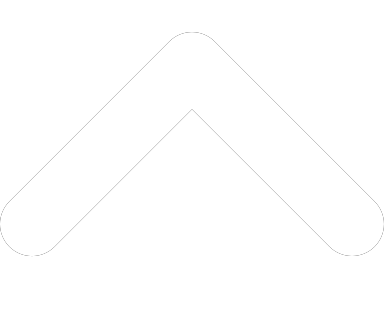- 1-877-510-7473
- About Us
- Practitioners
- Contact
- Support
Practice Perfect
08.06.2019

The migration from paper medical records to electronic medical records (EMR) is often credited with being beneficial due to its elimination of common paper-related hassles and costs. In reality, the advantages of an effective EMR software solution greatly exceed these preliminary benefits that pertain physically to paper files and documents.
Patient management software digitalizes medical records to improve the entire patient experience while also supporting the healthcare team and improving the facility’s operations. We have compiled some of the major ways EMR software has transformed the healthcare industry and continues to demonstrate the need for digitization across all healthcare facilities.

A paper-based healthcare system is weighted by issues such as duplicate or redundant filing processes, unnecessary delays and risky oversights during diagnosis and treatment. As a result of these and other administrative inefficiencies, many healthcare facilities also require more administrative staff and in turn, lose major financing funding these additional employee salaries.
With improved task management through an EMR software solution, healthcare facilities can dramatically reduce administration-related overhead and the need for more employees. Financial savings are also available through more efficient use of office space, technologies and supplies and work to benefit patients, faculty members and the facility alike.

Rather than being organized in piles of paper stacks or in filing cabinets, the digitization of medical records places all patient data in one convenient, uncluttered and easily accessible location. Patient data includes everything a healthcare professional requires for proper patient diagnosis, testing and treatment, including prescription records, lab test results, authorizations, health history and more.
By compiling all this information into one easily accessible and highly navigable forum, EMR software reduces issues related to lost documents, excessive wait times or oversights, and ensures a more efficient and accurate patient diagnosis.
When healthcare providers are able to quickly and conveniently access all patient data and review it thoroughly, the diagnostic process and any decision-making related to treatment may yield a better prognosis. In addition, digitized medical tracking provides healthcare professionals with data related to the effectiveness of various treatment strategies. Such data may be essential to supporting treatment decisions and providing excellent overall care to patients.

Healthcare mistakes can be costly for facilities, damaging to the careers of healthcare providers and potentially devastating to patients. While mistakes are a part of human nature, many mistakes in the healthcare system can be associated with oversights and issues with disorganized or inaccurate medical records.
Although technology poses its own set of issues, by using an automated, electronic system for these needs, the tendency to misplace documents, forget key patient information, confuse patient data or misinform patients is greatly reduced and decreases the risk of potential mistakes. As well, digitization greatly improves task management by automating tasks that otherwise would be completed manually and be subject to human error.

A common complaint that patients have with the current healthcare system regards a lack of personalization they feel while being treated and feeling as though their healthcare professionals don’t truly care about their wellbeing. Healthcare providers may feel rushed if they are overloaded with patient data, and this can often limit the amount of face-to-face interaction they have with their patients.
A general assumption may be that the digitization of the system would contribute to the problem, but the opposite may actually be true. The benefits of superior patient management and scheduling software actually enables healthcare professionals to function more efficiently, allowing them to spend more quality time getting to know their patients.
As technology continues to advance and healthcare standards are raised, the use of EMR software solutions becomes increasingly vital for creating improved operations, superior healthcare services and an exceptional patient experience.
